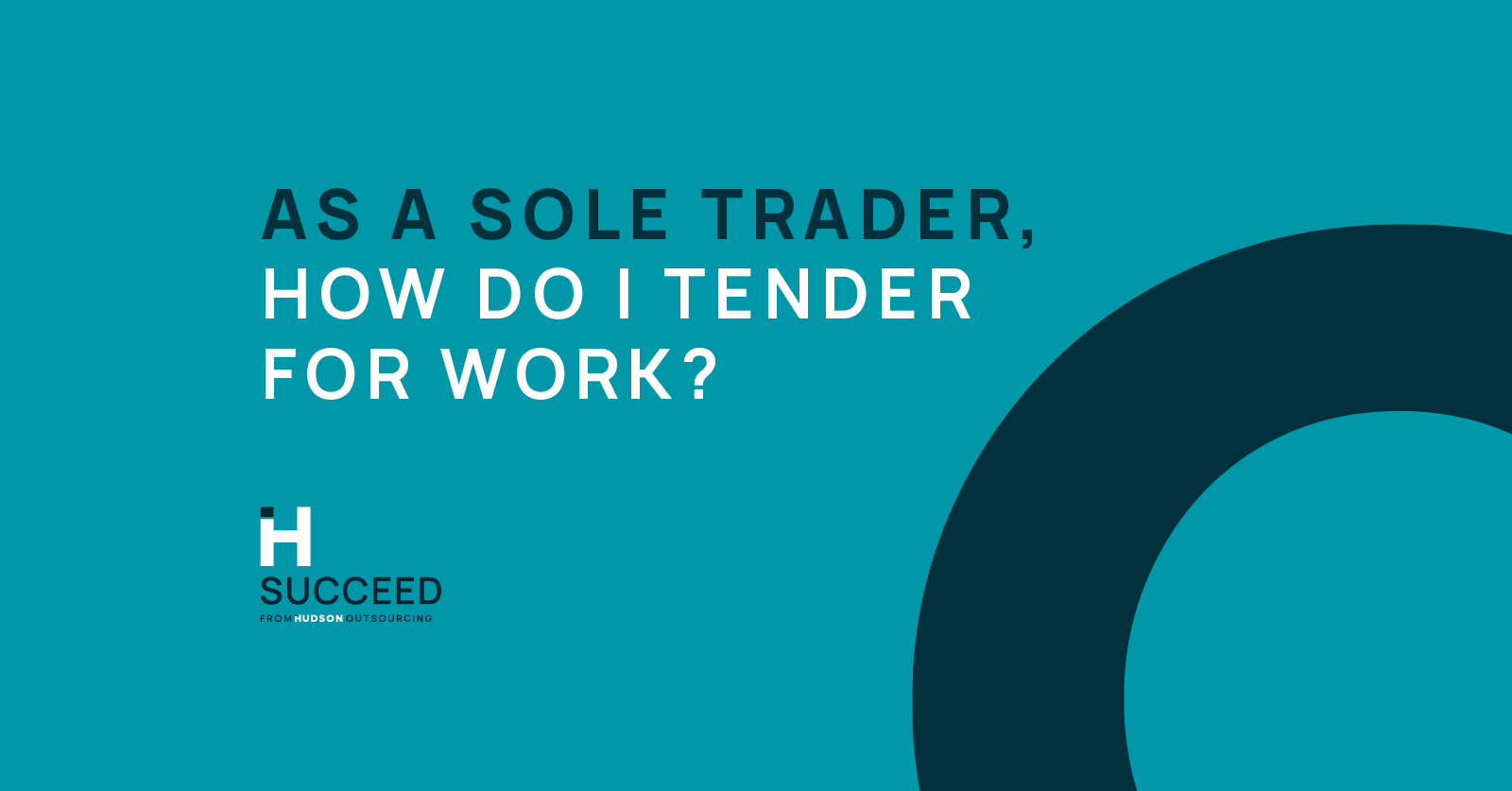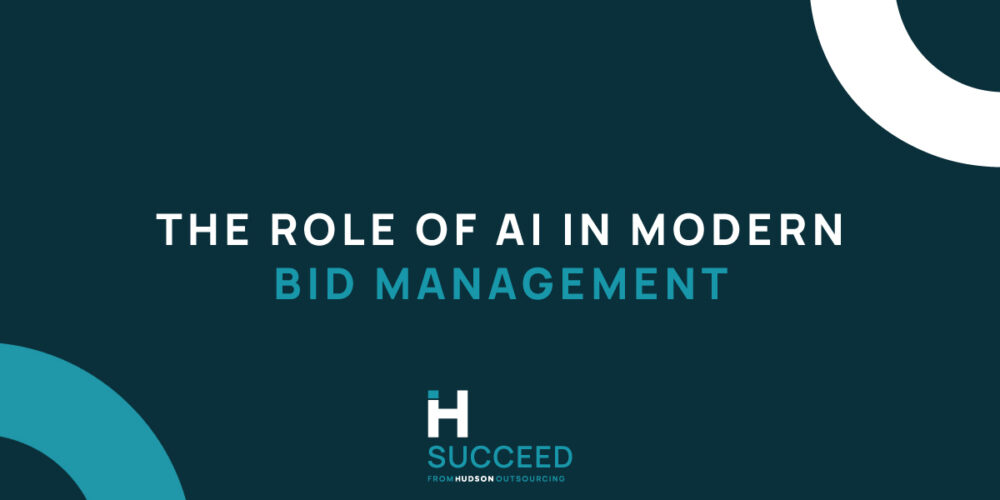Objectives of the Tendering Process that Every Sole Trader Should Know
Last updated: Dec 17, 2021 @ 10:40 am
“I can’t win work, I’m a one-man-band”
This is one of the most common misconceptions a lot of sole traders have when it comes to tendering.
Just because you are considered a sole trader or a freelancer, doesn’t mean you’re automatically out of the running in the tendering world.
The key objectives of the tendering process are to make sure work is awarded fairly and to the best applicant.
This could be a sole trader, an SME or a larger blue-chip company.
It’s all about your offering and how this can benefit the buyer in many ways and ensure you are able to deliver a full-service to the buyer.
Low value tenders more so, allow sole traders the chance to secure contracts across the public sector, and in most cases, blue-chip companies or larger organisations are less likely to bid for these opportunities. This opens the door for sole traders and micro-businesses to put a bid forward and ultimately win the tender.
Yes, but my competition will be bigger than me!
Our advice – always check the requirements of the tender, along with the questions the buyer is asking and do not be prohibited by the confines of your resource and staff numbers.
You can find out a lot simply by the questions in which the buyer is asking throughout the tender, and, in some cases, you may be able to identify a specific trend to where priorities lie for the contract/project at hand.
If there are 3 questions relating to resourcing and staffing, and ensuring multiple staff are allocated to specific elements of delivery, then yes – this may not be the tender for Sole Traders.
That’s not to say they are all like this, however. Some buyers may ask for a small team or dedicated accountabilities, so deliverables are assigned to specific people.
You, being the technical expert in your industry, will know how exactly what you need in order to deliver a successful service in line with potential client aims.
Great – so where do I begin?
Make the decision on whether to bid or not to bid.
By shredding the specification and reading the tender questions and evaluation criterion, you’ll be able to see if this is within your purview. This is another (key!) objective of the tendering process – making sure it’s right for you.
You may be able to tell from the initial contract notice/notification, whether or not this is one for you. Don’t waste your time – make smart decisions where you know you stand a chance.
Ask yourself these questions:
- Do I turnover the required amount to tender? (the minimum financial threshold)
- Can I deliver the requirements?
- Do I have good examples to showcase in the technical responses?
- Will my pricing beat that of a larger organisation?
You can find out further information relating to making the decision to bid or not to bid in our blog.
Preparation is key!
Just because you’re a sole trader, doesn’t mean you can click ‘not applicable’ to the majority of sections in SQs or ITTs. The SQ (or PQQ) is a key objective of the tendering process, as it is the first step to proving your eligibility to the Buyer. Don’t assume that because you are a Sole Trader, the SQ is not important – go through it thoroughly and make sure you are able to provide as much information as possible.
Admittedly there will be a lot of the requirements which will not be applicable to you as a Sole Trader. For example, when it comes to Health & Safety as you legally don’t need a Health & Safety policy if you have 5 employees or less and could click ‘N/A’ to a lot of the questions relating to this.
However, it will certainly put you in good stead if you have some basic corporate literature to provide with your submission. If you are up against another sole trader, then showing you have some H&S literature in place would be a real edge for your submission.
Outline your procedures in the written word. This will help you start defining your processes, policies and procedures on paper, which is very much needed in the tendering world.
The next step would be to develop a Bid Library.
Find further information on our Tender VLE website.
Remember – You’ll need to still spend time and retain technical skills to manage this process and develop your responses.
Developing your response
Some key things to remember in order to align with the buyer’s objectives in the tendering process is to:
- Certify your status as a sole trader on the documentation. Be meticulous when developing your response and ensure every ‘tick box’ is checked correctly.
- Don’t worry about submitting full financial accounts – there are other options available, where you can submit your bank statement if needs be.
- Ask clarifications to the buyer if you’re unsure of any part of the tender and your position as a sole trader. The buyer should quash your concerns.
Support is out there
Don’t worry – we have you covered.
Our dedicated bid writing team have 60-years collaborative experience in supporting businesses with their tendering efforts and writing bids assertively and persuasively for large blue-chip companies, to freelancers and sole traders.
We are masters when it comes to the objectives of the tendering process.
Should you require any support, don’t hesitate to get in touch today and we can help you become Tender Ready.
Find out more on our VLE website.
Get in touch today.
We’re here to help you succeed!
Find more helpful tips and advice in our blogs. We cover topics including:





